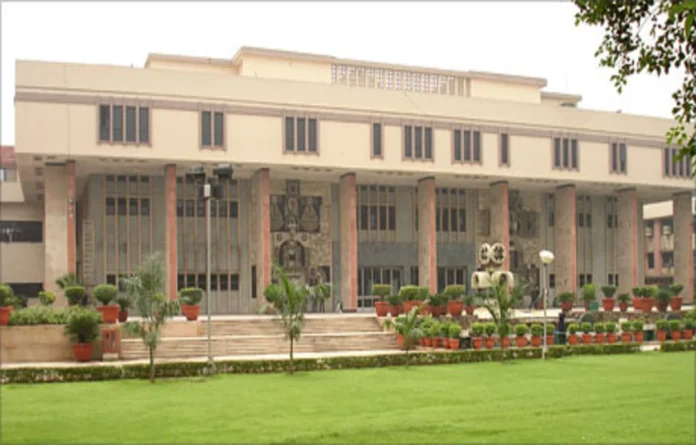The Delhi High Court today sought response of the Delhi Police to a plea seeking permission for climate activist Sonam Wangchuk and others to hold a protest at Jantar Mantar in Delhi.
The Division Bench comprising Justice Prathiba M Singh and Justice Amit Sharma directed the authorities to respond to the plea by October 16. The court scheduled the matter for further hearing on October 22.
Apex Body Leh, an organization working towards protecting Ladakh’s cultural environmental interests, approached the High Court seeking directions to the Delhi government and Delhi Police to allow Sonam Wangchuk and others to hold a peaceful protest at Jantar Mantar from October 8 to October 23.
The protesters started their march from Leh on September 1 to raise awareness about the ecological and cultural collapse in Ladakh. They demanded Sixth Schedule for the Union Territory which was carved out of the erstwhile State of Jammu and Kashmir. The Sixth Schedule to the constitution provides for implementation of measures to have an autonomous administration in tribal areas to protect the rights and identity of locals.
The protesters had sought permission to hold a protest at Jantar Mantar. The Delhi Police denied permission on October 5. Earlier, Sonam Wangchuk and others were detained at Singhu Border on September 30. The protesters were released later.
During the hearing today, Solicitor General Tushar Mehta opposed the request for early listing, and said that there can be no urgency on proceeding on a fast or dharna.
The organisation challenged the Delhi Police decision, arguing that denial of permission to hold peaceful protests violates the fundamental right to freedom of speech and peaceful assembly. The plea stated that the Delhi Police could have exercised their discretion to grant permission for the hunger strike at an alternative location, rather than outright denying the request, which directly contravenes the fundamental rights guaranteed under Articles 19(1)(a) and 19(1)(b) of the Constitution of India.


